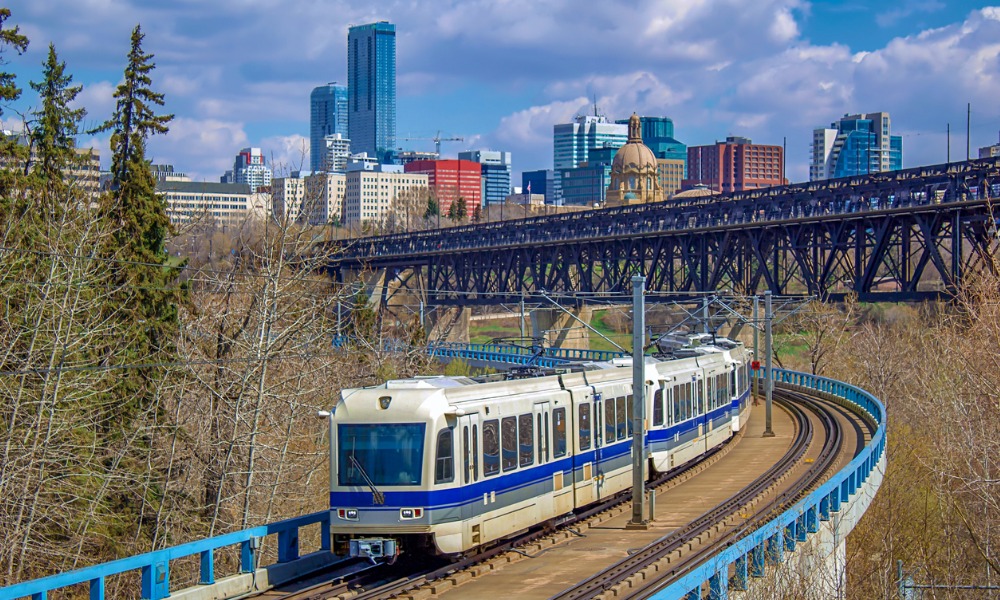TransEd workers' injury rate far more than industry, provincial averages through four years

Worker injuries at Edmonton's long-delayed $1.8-billion Valley Line Southeast have been piling up at a rate far higher than industry and provincial averages, according to recent data and a report.
The rate of disabling injuries for employees at TransEd – the company responsible for building the line – is far worse than comparable statistics.
In 2020, for example, the company recorded 59 disabling injuries, according to data from the Alberta government. That equates to more than one per week.
"You could say we only have insights into a portion of the work," said Christopher Coles, director of the Lynch School of Engineering Safety and Risk Management at the University of Alberta, in a CBC report.
"In terms of disabling injuries, you can't take away from the fact that more than a person a week was hurt in 2020, 41 people were hurt in 2019."
Also, the company had a disabling injuries rate of 12.49 that year, about five times more than the 2.23 industry average and 2.61 provincial average.
Recently, Ontario employer Peel Meat Packers Ltd. was fined $60,000 after one of its workers was critically injured by a male cattle in the workplace.
Worse than others for years
And TransEd’s injury statistics have been far worse than others for years, according to data published by CBC:
|
Year |
TansEd disabling injuries rate |
Industry disabling injuries rate |
Provincial disabling injuries rate |
|
2017 |
6.4 |
3.0 |
2.7 |
|
2018 |
6.2 |
3.1 |
2.7 |
|
2019 |
5.3 |
2.7 |
2.7 |
In response, TransEd provided their own numbers as follows, according to the CBC report:
- Near miss incidents: 283
- First aid incidents: 350
- Medical treatment cases: 93
- Lost workday cases: 14
- Public safety incidents: 15
The company said it did not use the same metrics as WCB and OHS, according to the report. Instead, TransEd tracked the total recordable incident rates and lost-time incident rates.
The company, however, declined to provide the definition of the statistical categories.
"Internal records, which I am not prepared to share, indicate that TransEd partner companies and all the subcontractors that work for them ... exceed OHS averages and industry norms," said TransEd spokesperson Dallas Lindskoog via email to CBC, again opting not to clarify the statement, according to the report.
Based on numbers from the Alberta government, the company had the following lost time claims in throughout the four years:
- 2017: 4
- 2018: 6
- 2019: 13
- 2020: 14
In 2022, one top Qatari official estimated that the number of deaths among migrant workers involved in preparation for the 2022 FIFA World Cup in the country was at least 10 times higher than the initially released government data.
Even government bodies involved in the Edmonton LRT project declined to comment on the injury statistics, according to CBC.
Infrastructure Canada and Alberta's ministry of Transportation and Economic Corridors noted that their role solely is on providing funding, and that the responsibility for the project lay with the City of Edmonton.
The provincial government also said it is not involved in day-to-day management of the project and that any issues are between the city and TransEd, according to the report.





